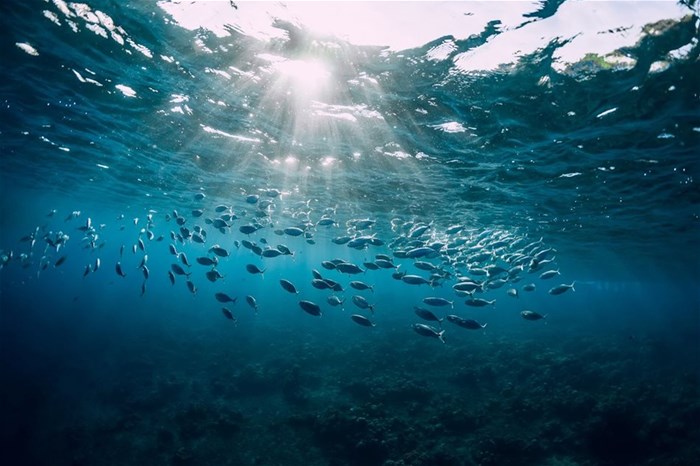
Related
Top stories


ESG & Sustainability#BudgetSpeech2026: SRD grant unchanged, other Sassa social grants see hike
10 hours



More news












ESG & Sustainability
South Africa’s carbon tax should stay: climate scientists explain why









With almost 4000kms of coastline, South Africa is uniquely placed to harness the potential of marine economy. As a focus from driving economic growth, the government’s Operation Phakisa Programme looks to build focus sectors while securing valuable marine resources.

Operation Phakisa, meaning ‘hurry up’ in Sesotho, is modelled on the success of the Malaysian ‘Big Fast Results’ methodology. The approach, launched in July 2014, includes working with stakeholders to develop detailed and practical plans. These delivery plans allow the government to fast-track implementation, in numerous key ocean economy sectors.
The programme looks to harness the largely untapped economic potential of the ocean, surrounding South Africa on three sides. The industries that have been highlighted as focus areas include tourism, fishing, shipping transport, ship repair and building, and oil and gas exploration.
Growing a blue economy cannot exist without protecting the resources on which it relies. To this end, the government has created an overarching plan to protect the ocean environment from all illegal activities, as well as increase exclusion zones to protect the ecosystem from over-fishing.
Under Operation Phakisa, 20 new Marine Protected Areas were established to provide protection to 90% of habitat types, as well as contribute to global protection in line with South Africa’s international commitments. This brings the percentage of the marine ecosystem under protection to 5.4%, from 0.4%.
The new network of Marine Protected Areas will assist in increasing fisheries sustainability and maintaining resilience in ecosystems that are under stress from climate change.
“Marine Protected Areas provide safe spaces in which fish can breed undisturbed. They are essential to maintain eco-certification of the South African deep-sea trawl fishery. This certification process assesses whether habitat and nursery areas for the hake fishery are adequately protected,” said Minister of Environment, Forestry and Fisheries, Barbara Creecy.
Enforcement forms a large part of the protection plan and law enforcement agencies have a role to play in protecting South Africa’s marine resources. This has seen numerous multiple agencies taking part in the Operation Phakisa.
Enhanced and Coordinated Compliance and Enforcement Programme, which aims to increase its visibility in the coastal zones and addressing a range of illegal activities.
Between April 2017 and March 2018 alone, over R40m worth of goods were confiscated during these operations.
The next step in developing a blue economy lies in enabling growth in key sectors, through concentrated infrastructure investments and job creation projects.
Enabling the fishing activity has been the first step in generating jobs and bolstering economic activity. Under Operation Phakisa, the government has committed to upgrading 12 small harbours in the Western Cape with a budget of over R400m. The upgrades include the removal of sunken vessels, dredging, repairs and upgrades to slipways, security improvements, and infrastructure repairs.
One of the focus areas for Operation Phakisa in the development of the aquaculture sector. Aquaculture contributes to almost half of the global fish supply, yet it contributes less than 1% of South Africa’s fish supply.
This sector is vital in supporting rural development and reducing poverty and has already seen a large private investment of more than R400m. The government is working on projects to boost the sector’s growth and support the increasing demand for fish and other marine products. This has resulted in the creation of 28 new projects since 2014.
Investments have also been made into various dry docks around the country. Over R60m was recently invested in the upgrading of dry docks in Port Elizabeth, and a multimillion-rand overhaul of Port of Cape Town’s ship repair facilities is underway. There are also plans to improve both the harbour and ship repair facilities in Mossel Bay.
These projects are just a few of those with the potential to reverse poverty within coastal communities. The oceans economy has the potential to be a game-changer for South Africa. Projections put the potential job creation at close to one million jobs by 2033, while the sector could contribute as much as contribute R177bn to South Africa’s gross domestic product.
In the 2020/21 period, around 1550 jobs were created through the Oceans Economy Operation Phakisa programme. It is anticipated that around 6200 jobs will be created by 2024.
These projections highlight the importance of ongoing investment into the marine environment, not only to secure sustainable resources but also to ensure ongoing economic growth.